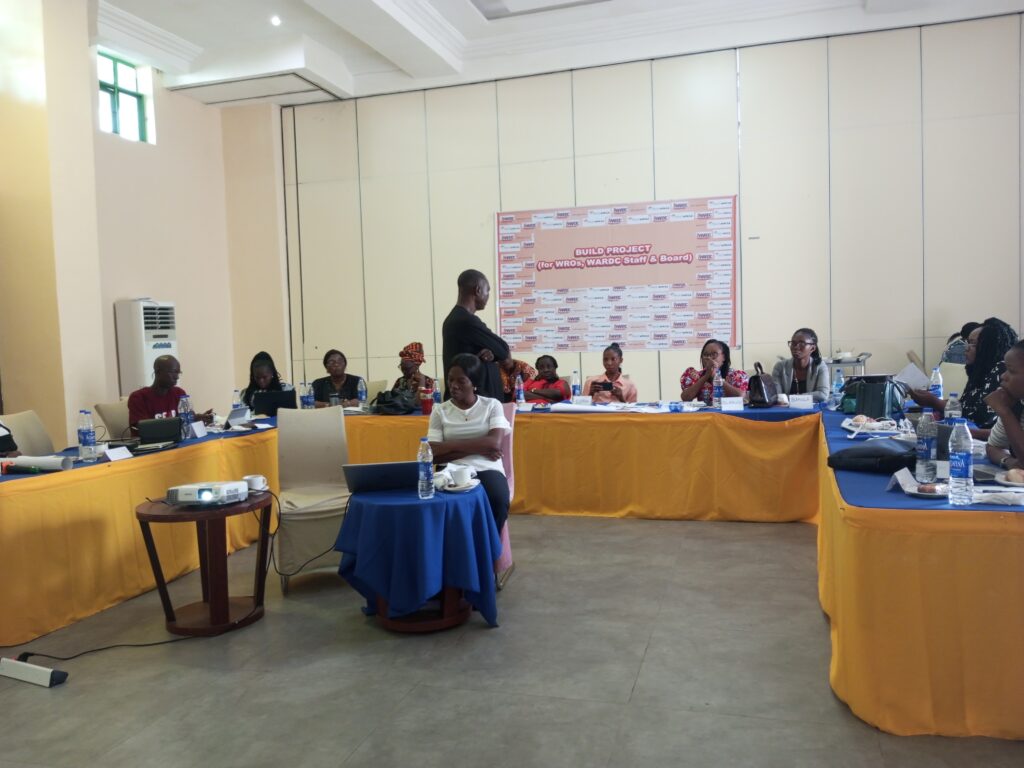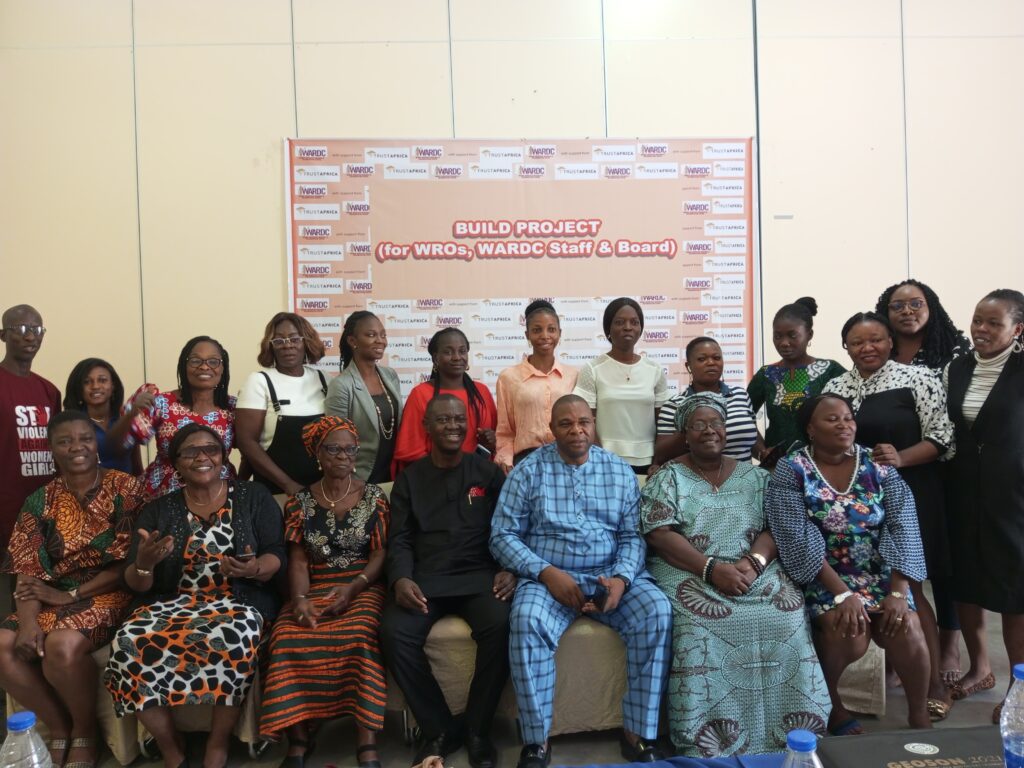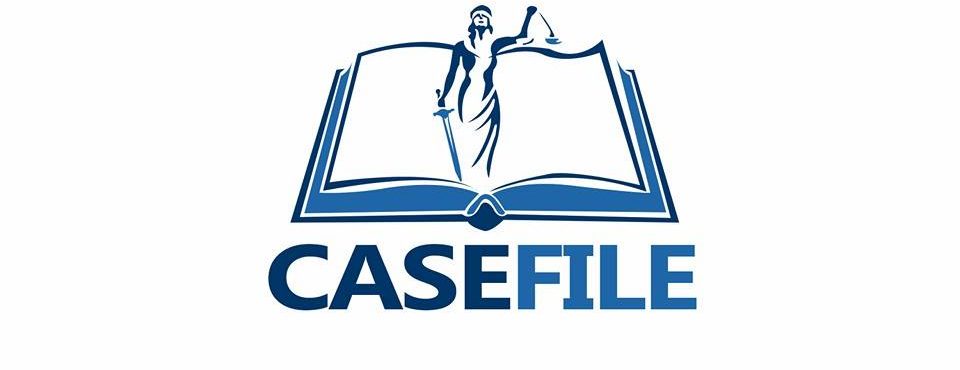An Organisation Development Advisor for USAID-SCALE project, Dr. ThankGod Okosun has said that Nigeria would have long collapsed if not for the intervention of Civil Society Organisations, CSOs.
He expressed this view in Lagos recently at a two-day, capacity building on Gender Based Violence, GBV and Sexual and Reproductive Health Rights SHRH, facilitated by the Founding Director of the Women Advocates Research and Documentation Centre, WARDC, Dr. Abiola Akiyode-Afolabi in partnership with Trust Africa.
The training was titled: “BUILD – Build Women’s Rights Organisation skills for coordinated responses to Gender Based Violence, GBV, in Nigeria.”
Speaking to CASEFILE, Dr. Okosun bemoaned the funding inadequacies plaguing CSO’s despite the works being done in various communities in the country.
He hinted that there are no funding that is taking care of the indigent vulnerable population in the country.
According to Dr. Okosun, “There is no funding taking care of the vulnerable population, no budget at all. Local government are not doing as much as they should do.
“The State governments have also focused on things that are visible; roads, electricity light but nobody is thinking about ordinary woman that has been traumatised.
“You will see a lot of crisis everywhere and you are just wondering if the government do the basics at the lowest level.
“Let me tell you, Nigerians are living under poverty line and what does that mean, it means even the widows and orphans are already poor.
“That is the challenge but the CSO’s have taken up the challenge, they go to those places where government can not go, they spend their money where the government can not spend the money. They intervene where the government have neglected.
He insisted, “If the CSOs in Nigeria are not there, who are doing all of the work within the purview of security, … , there will be a problem and we would have more crimes, that is why we have to appreciate the fourth realm of the government, which are the non-governmental agencies.
“There is so much work that is being done by other parties that are complementing the work of government in all respects.
“Dr. ThankGod Okosun, who is synonymous with intervening through the Strengthening Civic Advocacy and Local Engagement, SCALE, also said that the training has built the skill of over 26 participants.
He said their skill has been built to make more impact in areas of women empowerment, address widows who are disenfranchised in local communities, who are neglected and abandoned by way of culture.”
While applauding the significance of civil engagement works, Dr. Okosun said they are also in better stead to work with young persons, who are sexually abused, those who have got into intimate and domestic violence, policy, elections and human rights issues.
Dr. Okosun is however optimistic, “If they have funding in their next work they would be able to make impact, you will see them being able to do proper training that would help women that are under vulnerable condition, high level of poverty and have ideas that would enable them to work with issues around GBV, they will be able to do more.
He noted that there is so much that will happen within the community, when structural defects that does not attract any funding or prospect are taken into cognisance, to access funding in order to do more in their different thematic areas.
He submitted that the CSOs could help to make a change in the country.
Highlighting on the quality of training from trainers, “The skill set they are taking away is that they’ve been able to build them to page on what organisations should look like.”
He also said their training will help participants to attract funding to do impactful work in their local communities.
Also, he has charged them to have a high level of leadership skill and used the platform to expose expose them to series of donors, in order to know the donors that can fund their works.
He said necessary funds can make them to make impact.
Speaking with the beneficiaries of the training, Mr. Emmanuel Uche, a development consultant working for European Union-British Council, who handles the anti-corruption portfolio and manages Development Measures which is a consulting firm, also reiterated the need for grant to work with.

He noted that the capacity development will assist participants who were majorly women from Women’s Rights Organisations, WROs, including WARDC staff and board to stop GBV in forms of Female Genital Mutilation, FGM, wife battering and the likes.
He said such unprecedented violations of women can not stop except if real people in the society intervene and do something drastic about it.
He commended the effort of the participants’ intervention so far, though expressed concern that their works may not be sustainable if there is no funding.
He argued, “If they don’t understand the rudiments of advocacy, if they don’t understand exactly what result they should be pursuing, how will they structure their programs to achieve those results and how to report effectively on those results.
He stressed, “More importantly, how to translate the work they’ve done to proposals, to funding proposals that they can use to leverage funding from other sources, not only from WARDC which is also looking for funds but they can look for funds directly by themselves.”
A participant, Olanike Mike-Taiwo, a Director, Greenlight Community Development Initiatives also known as Women Liberation and Anti-corruption Group said the training has helped revealed the true status of their organisations and helped identified the gaps that needs to be worked on.
According to her, “The training is more like a training and at the same time an assessment for each of us so that when we go back home, we can put into practice what we have learnt, then we would be able to achieve the desired goal for the organisation.”

“It has helped us in terms of problems analysis, development of problem statement, in terms of the theory of change, infact it’s such an impactful training.”
She boasted that the level of training can be beneficial for greenhorns in the civil society world.
“The quality of trainers are people with seasoned experience in organisational development. They are development experts, they know what it is, so they’ve been able to simplify into a language. It’s like teaching a primary school child and been able to help us demystified.”
Speaking on the focal area of trainees, she said, “We have health, education, women’s rights empowerment, we have people that work in HIV/AIDs.
Professor Olubunmi Ashimolowo, the Executive Director of Gender Development Initiatives appreciated WARDC for the opportunity to build the capacity of CSOs who are working on the FORD Foundation program that is aimed at reducing violence to women and girls throughout the South-West.
According to her, “It is another opportunity to have our capacity raised, to know how to write proposals on monitoring and evaluation, social media engagement and often gray areas – areas that are giving us issues. So, it is a way of re-positioning us to funders so we can better be able to win proposals when we write
“So, we really appreciate them because aside for the fact that WARDC is making points, they are making impact at the grassroots they have built the capacity of CSOs.


